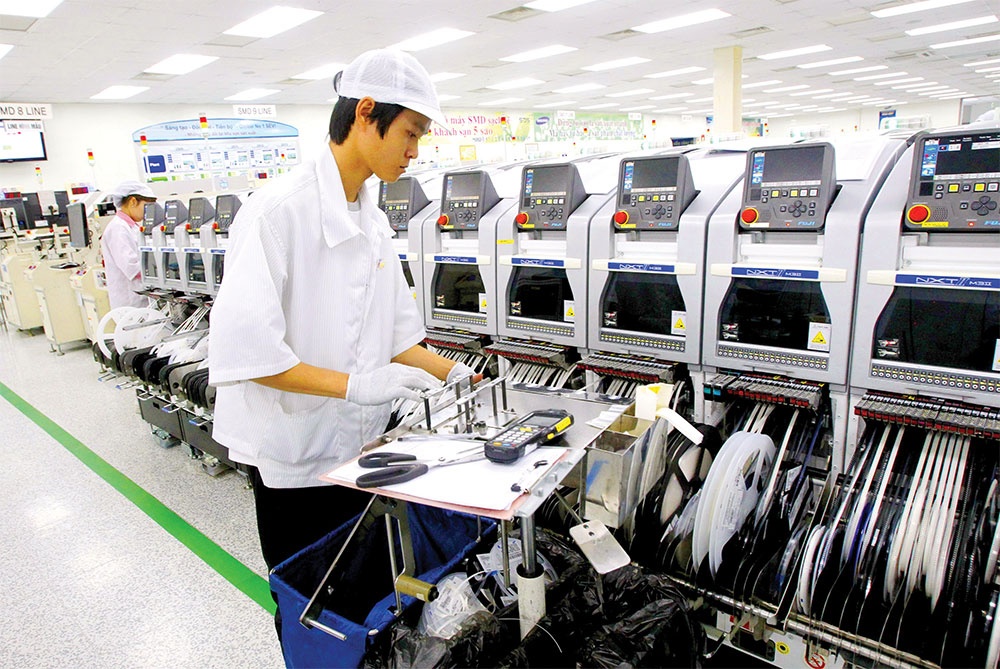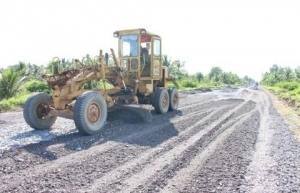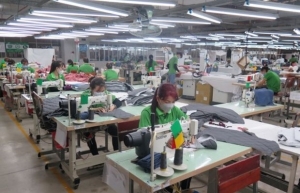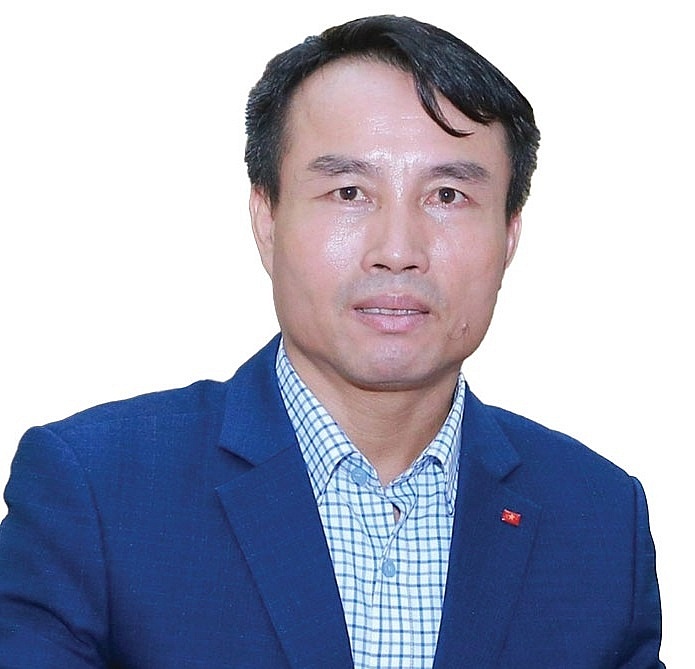Disbursement figures reflect bearish economic projections
FDI disbursement in the first nine months was reported at $15.4 billion, an increase of 16.2 per cent on-year, a peak amount in value and the growth rate. The Ministry of Planning and Investment (MPI) confirms that foreign-invested enterprises continue recovering well and expanding in scale.
 |
| Vietnam has improved the investment climate through annual government resolutions, photo Le Toan |
This could be explained by the political and economic situation of Vietnam and around the world, which is seemingly favourable for investors in Vietnam to accelerate the disbursement and building of factories or other projects.
In recent times the US-China trade dispute and pandemic policies in China have pushed multinationals to move out of China, and diversify their supply chains to reduce their dependence on China. Those strict COVID-19 control measures have pushed more than half of investors in China to report the issue as a reason to cancel or delay investments in the world’s second-largest economy.
The looming possibility that companies will again be forced to partially halt operations due to lockdowns and the impacts of local controls on consumer demand have undermined confidence in the business environment, according to the US-China Business Council and based on an annual survey of 117 member companies.
In the past year, one-quarter of companies have moved parts of their supply chains out of China, compared to 14 per cent in the 2021 survey. Optimism in the five-year business outlook for China has dropped from 88 per cent in 2013 to 51 per cent in 2022. Overseas investors shed more than $150 billion in China-based yuan-denominated assets in the first quarter of this year, the largest decline on record. Chinese bonds alone saw a $61 billion sell-off between February and May. Roughly $300 billion could exit the country this year, more than double last year’s outflow of $129 billion, according to forecasts by the Washington-based Institute of International Finance.
The trend reflects an increasingly bearish economic outlook as investors weigh the risks of draconian pandemic restrictions in China and it is said to open opportunities for Vietnam – a neighbouring country with the same advantages to be the ideal destination for investors to relocate and diversify the supply chains.
In the same case, under pressure from investors and consumers, many Western companies have started to unwind their investments, close stores, and pause sales in Russia. Some, after at first taking temporary measures, have revised their plans and decided to exit the country completely. And some that have begun the process of withdrawing from Russia have revealed the financial cost to their businesses.
Huge names like Adidas, Nike, Unilever, American Express, Citigroup, Deutsche Bank, Goldman Sachs, Starbucks, and many more have suspended investments or shut down operations in Russia, and have halted imports and exports.
Cutting down investment in a country often opens up the chance of expanding investment elsewhere, and Vietnam – a safe destination and promising market – could be the first choice for many. Specifically, numerous businesses from Russia and surrounding countries have been studying Vietnam’s investment climate through business trips, meetings, and direct and online conferences.
Some of those that have already done business in Vietnam are looking to pour in money more quickly to build factories, develop projects, or expand facilities. This explains the sharp soar in FDI disbursement and additionally-registered investment in the first nine months of the year.
The additionally-registered investment of FDI inflows in the first nine months was $8.3 billion, up almost 30 per cent on-year, which is an impressive amount. Moreover, the number of additionally-registered capital projects and the amount of capital are also raising high by about 15 per cent on-year.
Vietnam is doing well in the process of international economic integration by signing numerous free trade agreements, which are favourable factors for financiers to utilise the advantages of Vietnam and accelerate disbursement. Additionally, Vietnam has reached some progress on improving the investment and business climate through annual government resolutions. The provincial competitiveness index of localities is going up year by year, also reaffirming the improvement of the business climate to facilitate projects.
Finally, despite the current world’s political and economic fluctuations, Vietnam’s macroeconomic management this year reported good signs, a double-digit surge in GDP growth, and rising indicators in all sectors. So FDI disbursement in this country should keep on rising into next year.
| Van Duc Phu-Investment Promotion Centre in Northern Vietnam |
 | PM calls for faster disbursement of public funds Public investment is essential but has been a governmental weak spot since early this year, according to Prime Minister Pham Minh Chinh. |
 | Foreign investment disbursement hits record high in nine months Disbursement of foreign direct investment (FDI) in the first nine months of this year reached 15.4 billion USD, up 16.2 percent year-on-year and marking a record high, a report from the Foreign Investment Department (FIA) has shown. |
What the stars mean:
★ Poor ★ ★ Promising ★★★ Good ★★★★ Very good ★★★★★ Exceptional
Related Contents
Latest News
More News
- Kurz Vietnam expands Gia Lai factory (February 27, 2026 | 16:37)
- SK Innovation-led consortium wins $2.3 billion LNG project in Nghe An (February 25, 2026 | 07:56)
- THACO opens $70 million manufacturing complex in Danang (February 25, 2026 | 07:54)
- Phu Quoc International Airport expansion approved to meet rising demand (February 24, 2026 | 10:00)
- Bac Giang International Logistics Centre faces land clearance barrier (February 24, 2026 | 08:00)
- Bright prospects abound in European investment (February 19, 2026 | 20:27)
- Internal strengths attest to commitment to progress (February 19, 2026 | 20:13)
- Vietnam, New Zealand seek level-up in ties (February 19, 2026 | 18:06)
- Untapped potential in relations with Indonesia (February 19, 2026 | 17:56)
- German strengths match Vietnamese aspirations (February 19, 2026 | 17:40)


 Tag:
Tag:


















 Mobile Version
Mobile Version